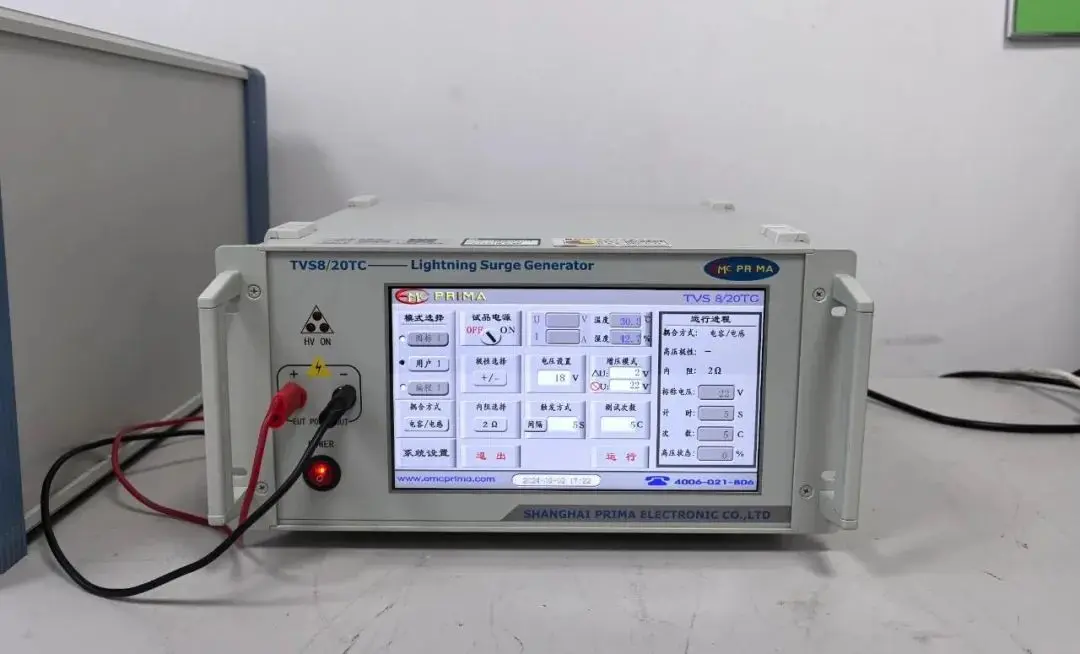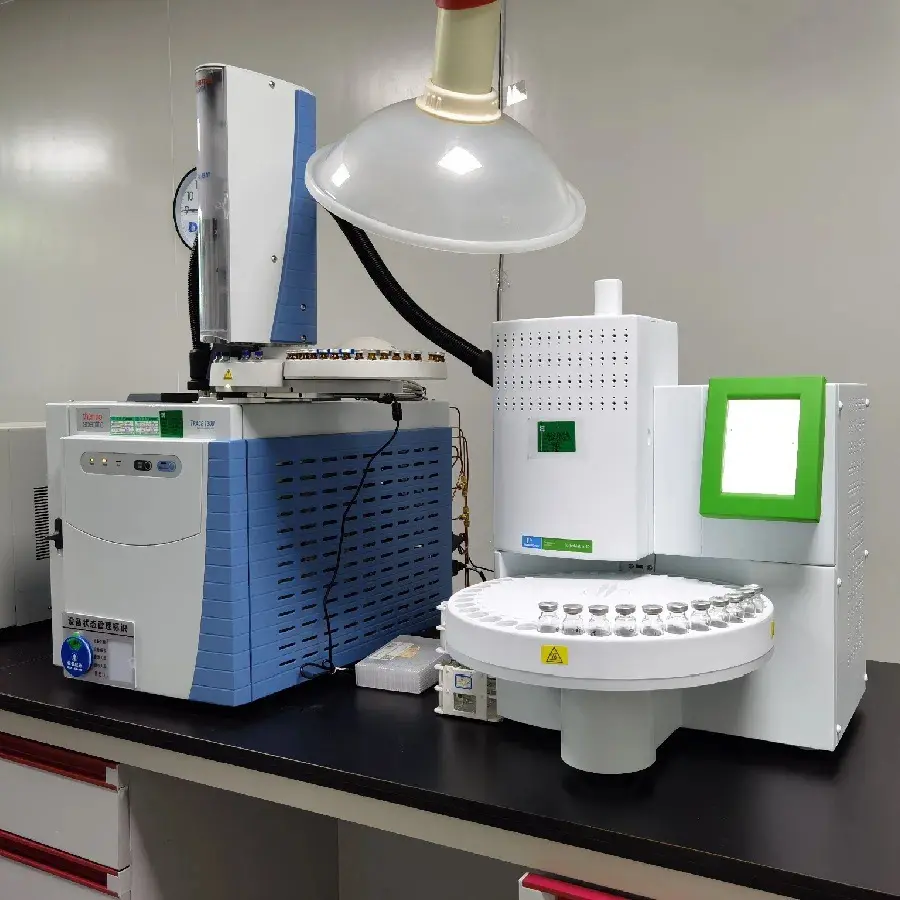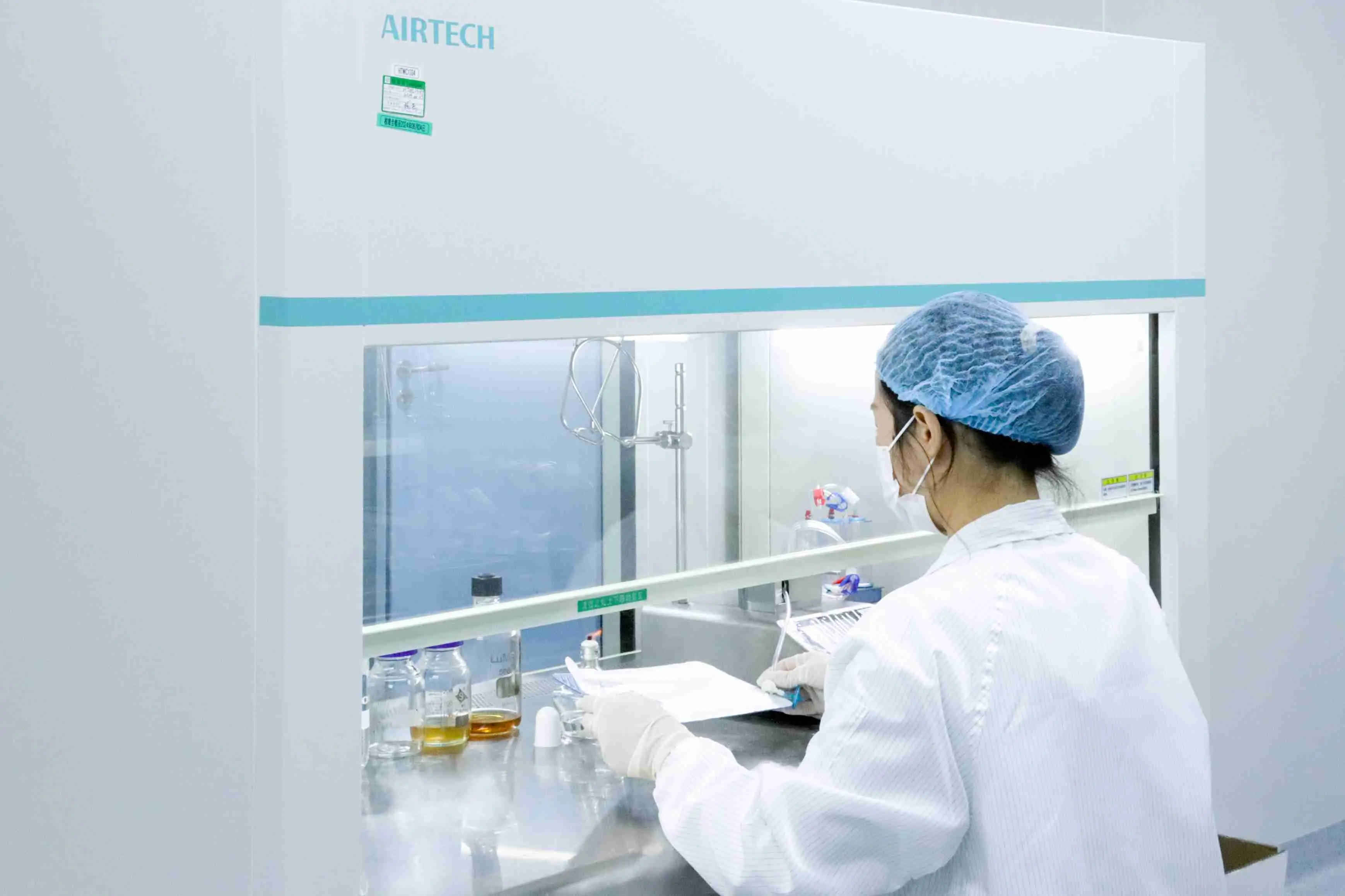
US Electronics Certification
The United States, as one of the largest consumer markets globally, has strict requirements for the quality and safety of imported goods. To ensure that products exported to the U.S. meet relevant standards and regulations, exporters must undergo a series of certifications and conformity assessments. This article will introduce some of the common certification requirements and a comprehensive overview for products exported to the U.S.

What Certifications are Required for Export Products to the U.S.?
1. UL certification (Underwriters Laboratories)
UL certification is one of the most well-known safety certification bodies in the U.S. This certification primarily focuses on the safety and conformity of products and covers a wide range of fields, including electronic products, household appliances, and construction materials. Products that pass UL certification can display the UL mark, proving they meet relevant safety standards and requirements.
2. FCC Certification (Federal Communications Commission)
FCC certification is a requirement for wireless communication devices, focusing on the product's use of radio frequency spectrum and electromagnetic radiation. Wireless communication devices such as routers, Bluetooth devices, etc., exported to the U.S., must obtain FCC certification to ensure they do not interfere with other devices and radio frequencies.
3. FDA Certification (Food and Drug Administration)
FDA certification applies to products such as food, drugs, cosmetics, and medical devices. Products exported to the U.S. in these categories must comply with FDA regulations and standards to ensure their quality and safety. Specific requirements and procedures vary depending on the classification and use of the product.
4. EPA Certification (Environmental Protection Agency)
EPA certification is required for chemicals and environmental protection products. Products such as chemicals, pesticides, and insecticides exported to the U.S. need EPA certification to ensure their safety for the environment and human health.
5. CPSC Certification (Consumer Product Safety Commission)
CPSC certification is required by the U.S. Consumer Product Safety Commission, focusing on the safety and conformity of consumer products. Consumer products such as children's toys, furniture, and electrical appliances exported to the U.S. must meet CPSC standards and regulations to ensure they do not pose a risk to consumers.
In addition to the above certifications, there are other industry-specific certifications and standards such as ISO certification, GMP certification, NSF certification, etc., which vary depending on the product and industry.
Key Considerations
Different products and industries may have different certification requirements. Exporters should determine the necessary certification types and standards based on the characteristics of their products and market needs. It is advisable for exporters to consider certification requirements early in the product development and manufacturing process to ensure compliance with relevant standards.
Certification Process
Exporters can either apply for certification independently or commission a certification body to conduct assessments and testing. When choosing a certification body, it is important to consider its professionalism, reputation, and recognition. Exporters should also understand the certification process, costs, and time requirements to effectively plan production and export schedules.
Summary
Export products to the U.S. must undergo a series of certifications to ensure compliance with U.S. quality, safety, and environmental standards. UL, FCC, FDA, EPA, and CPSC certifications are the most common certifications for U.S. exports. Exporters should familiarize themselves with the relevant certification requirements and plan accordingly during product development and manufacturing to successfully pass certification and enter the U.S. market. It is also recommended to cooperate with professional certification bodies to ensure smooth certification processes.
Additionally, exporters should closely monitor changes in U.S. regulations and policies to stay up-to-date on certification requirements. U.S. certification standards and regulations may be adjusted based on industry, technology, and market needs, so exporters should remain informed and ensure their products comply with the latest requirements.
Steps to Prepare for Certification:
1. Understand Certification Requirements: Research the certification requirements for the product’s industry, including standards, testing methods, and documentation. Consult professional certification bodies or consulting firms for detailed guidance.
2. Check Product Compliance: Perform product testing and evaluations to ensure the product complies with relevant standards and requirements. Make necessary adjustments and improvements based on testing results.
3. Select Certification Body: Choose a reputable and professional certification body to apply for and conduct evaluations. Ensure the reliability and acceptability of the certification body.
4. Provide Necessary Documentation: Submit relevant product documents and information to the certification body, such as technical specifications, test reports, and quality management system documentation.
5. Complete Application and Evaluation: Follow the certification body’s process, which may include site inspections, sample testing, and other procedures.
6. Obtain Certification: Upon successful evaluation and audit, the certification body will issue a certificate confirming the product’s compliance and conformity.
In conclusion, exporters to the U.S. need to meet a range of certification requirements. UL, FCC, FDA, EPA, and CPSC certifications are common certifications that cover safety, wireless communication, food and drug, environmental protection, and consumer products. Exporters should understand and meet the relevant certification requirements based on their product characteristics and market needs. When applying for certification, choose an appropriate certification body, follow the process, and stay updated on policy and regulatory changes to ensure product compliance and successful export. Certified products can enhance market competitiveness, gain consumer trust, and achieve sustainable export business growth.
Email:hello@jjrlab.com
Write your message here and send it to us
 Amazon UL Standard Test Report
Amazon UL Standard Test Report
 When Can FCC ID Modifications Be Filed?
When Can FCC ID Modifications Be Filed?
 LoRa Certification Testing Laboratory
LoRa Certification Testing Laboratory
 Blood Pressure Monitor Certification Testing Servi
Blood Pressure Monitor Certification Testing Servi
 ECG Device Certification Testing
ECG Device Certification Testing
 Pulse Oximeter Certification and Testing Standards
Pulse Oximeter Certification and Testing Standards
 IVD Medical Device GB 4793:2024 Test Report
IVD Medical Device GB 4793:2024 Test Report
 IECEE CBTL Testing Laboratory for IVD Medical Devi
IECEE CBTL Testing Laboratory for IVD Medical Devi
Leave us a message
24-hour online customer service at any time to respond, so that you worry!




